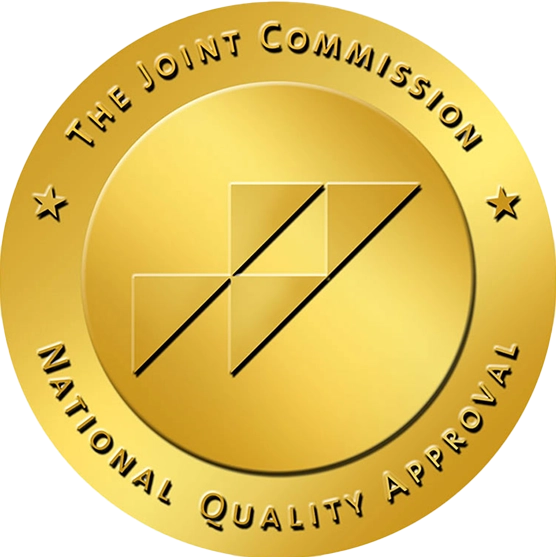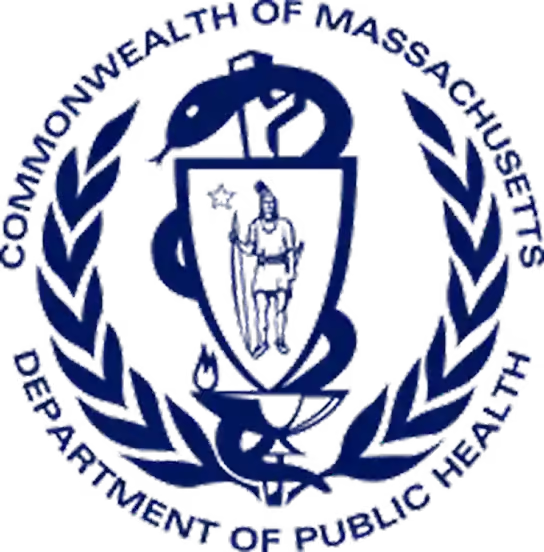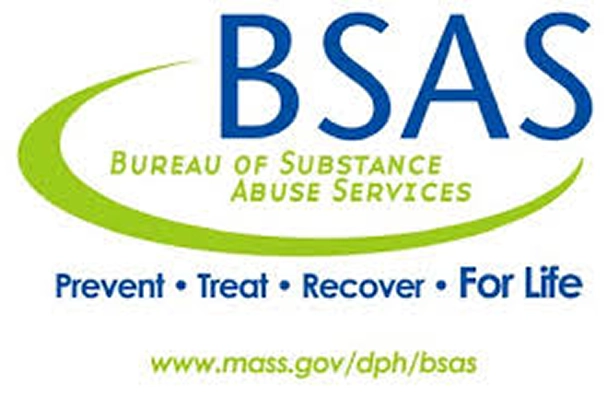OCD Treatment in Massachusetts
At Rebuilding Mental Health in Easton, MA, we offer structured and flexible OCD programs that focus on evidence-based treatment. Tailored to your specific situation, our compassionate team helps you understand and overcome damaging thought patterns, taking back control.
How OCD Is Treated
Evidence-based therapy approaches like ERP and CBT that retrain your brain's response to anxiety
Medication support when needed to reduce the intensity of obsessions and compulsions
Practical coping skills you can use during moments of high anxiety or distress in everyday life
Structured programs with professional guidance at the level of care that fits your needs
What Is OCD Therapy and How Does It Work?
OCD therapy focuses on changing your relationship with intrusive thoughts rather than trying to eliminate them. Your brain learns over time that anxiety decreases naturally without rituals. Therapies also teach you to recognize patterns that keep the OCD cycle going and develop healthier responses to distressing thoughts.

Why Choose Rebuilding Mental Health
Care Designed Around You
OCD looks different in different people. We assess your symptoms carefully so your OCD therapy plan matches what you deal with every day.
Whole-Person Therapy Methods
Proven approaches work well with holistic treatments like art and mindfulness. We explain each step and why it helps, so you know what to expec
Flexible OCD Programs
You may have work, school, or family commitments outside of treatment. Our outpatient and online treatments are adjusted around your needs.
Support As You Progress
Recovery from OCD takes time. As things get better, we help you figure out what comes next, from tailored step-down to aftercare programs.
OCD Programs in Massachusetts
Day Treatment
This full-day program includes group therapy, ERP-based exercises, individual sessions, and psychiatric support. Our Day Treatment runs multiple days per week and provides the highest level of outpatient care available without overnight stays.
Half-Day Treatment
Part-time, this option has morning or afternoon sessions. You will build skills and keep structure in your day while handling other responsibilities. Half-Day Treatment works well if you need significant support but still have other life responsibilities.
Virtual Treatment
Secure Zoom sessions let you access specialized OCD treatment from home. You learn skills, practice OCD management skills, and stay connected with your care team. Virtual Treatment gives you the same quality care through telehealth, while removing barriers.
Testimonials and Success Stories
I love this place the people that work there are the nicest people in the world!
After trying numerous outpatient programs I felt that could not “get it” or get sober.
Highly Recommend !! Rebuilding's Evening Outpatient Intensive Program provided me with the best way to begin my Sobriety.
What Causes OCD?
OCD research shows that obsessive-compulsive disorder affects about 1–3% of people throughout their lives. Obsessive-compulsive disorder often comes from a combination of genetics, brain chemistry, and life experiences. Stressful events or significant changes can exacerbate symptoms.
Is OCD Genetic?
OCD has a genetic component, but it is not purely inherited. Research shows that around 4–8% of people with relatives who have OCD also develop the disorder. If you have a close family member with OCD, your risk is higher, but it’s not guaranteed.
What Are Common OCD Symptoms?
Symptoms of OCD fall into two groups: obsessions and compulsions. You might have one type or both. Some typical signs include:
- Recurring unwanted thoughts or images
- Fear of germs or worry about causing harm
- Strong urges to check things, arrange objects, or repeat actions
- Mental rituals like counting or replaying events in your head
- Intense discomfort when things feel wrong or incomplete
- Asking other people for reassurance again and again


Types of OCD
- Checking OCD: Fear of danger or mistakes makes you check things repeatedly.
- Contamination OCD: Fear of germs or spreading illness controls behavior.
- Pure “O” OCD: Intrusive thoughts against your values that cause distress.
- Relationship OCD: Constant doubts about your partner or bond create panic.
- Ordering/Symmetry OCD: An intense need for things arranged in specific ways.
- Hoarding: Extreme difficulty throwing things away, as it causes emotional pain.
OCD Treatment Methods We Use
Several proven approaches help reduce OCD symptoms when used together or on their own. Your treatment plan will combine the methods that work best for your situation.
Exposure and Response Prevention (ERP)
ERP means you face feared thoughts or situations slowly while you resist compulsions. Your brain learns over time that anxiety can ease on its own with healthier coping.
Cognitive-Behavioral Therapy (CBT)
With CBT, you learn to notice harmful thought patterns that feed obsessions and compulsions. You learn sustainable ways to respond to disturbing thoughts.
Dialectical Behavior Therapy (DBT)
During DBT sessions, you are taught skills to handle intense emotions and rebuild broken relationships. This helps when anxiety spikes during exposure work.
OCD Medication
SSRIs can reduce how strong and frequent your obsessions and compulsions are. If deemed necessary, we provide medication management to complement therapies.
How to Get Started
Getting started with Rebuilding Mental Health is a clear, supportive process.
Call for a free consultation.
We’ll talk through your goals and verify your insurance.
Complete an assessment.
You’ll attend an in-person or virtual meeting to discuss your needs.
Start tailored treatment.
With our guidance, you’ll go through CBT and other proven therapies.
Step down as you progress.
Our team helps you transition to lower levels of care when you’re ready.
Insurance Providers
We accept many out-of-network insurance plans. Our admissions team will verify your benefits before starting care.

Unsure if your plan covers treatment? Call us at 781-806-3008 or verify your insurance today.
Ready to Rebuild?
Attention-deficit/hyperactivity disorder can make life feel out of sync, but you don’t have to figure it out alone. With individualized support informed by comprehensive evaluation, you can build routines that feel more manageable. Our dedicated team is ready to guide you; reach out today to start.
FAQs
Is OCD an anxiety disorder?
OCD is closely related to anxiety disorders, but has its own classification. Anxiety usually increases during obsessions or when you try not to do compulsions.
OCD and obsessive-compulsive personality disorder: what’s the difference?
Obsessive-compulsive disorder involves intrusive thoughts and compulsions you can’t control. OCPD is a personality pattern focused on rules, order, and perfectionism.
How do you get an OCD diagnosis?
There is no single test for OCD. A clinician does a structured assessment, reviews your symptoms, and decides if they meet OCD criteria.
Can OCD symptoms get worse over time?
Yes, especially without treatment. Stress makes symptoms more intense. Getting help early prevents symptoms from taking over more of your life.
Mental Health Resources

You might notice your college student is more focused on odds than homework, glued to their phone during games, or suddenly short on cash. At first, sports betting can sound

Many veterans carry stress that lingers long after service ends. Memories, pressure, and loss can follow them home, shaping daily life in ways that feel hard to explain. A strong

Living with bipolar disorder means dealing with mood swings that can feel like they’re controlling your life. One week, you may struggle to get out of bed. The next one,



